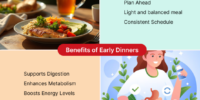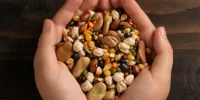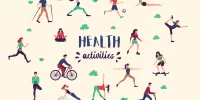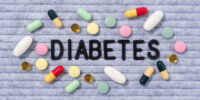Is Sugar Really the Enemy? Unpacking Diabetes Myths
Is Sugar Really the Enemy? Unpacking Diabetes Myths
Diabetes is a growing public health concern worldwide, with type 2 diabetes mellitus (T2DM) being the most prevalent form. Often, diabetes is misunderstood, and many myths circulate about its causes, management, and prevention. One of the most pervasive myths is that sugar is the primary culprit behind diabetes. This article aims to clarify some of these myths and present evidence-based insights into diabetes, its management, and its relationship with sugar.
Myth 1: Eating Sugar Causes Diabetes
- Key insight: Weight gain and obesity, rather than sugar intake alone, are the major contributors to insulin resistance. A sedentary lifestyle and poor dietary habits, including high consumption of processed foods rich in unhealthy fats and refined carbohydrates, are more significant drivers of T2DM than sugar consumption alone.
Myth 2: People With Diabetes Must Completely Avoid Carbohydrates
| Myth | Reality |
|---|---|
| Eating too much sugar causes T2DM | T2DM is caused by various factors, including genetics, obesity, and insulin resistance. Sugar consumption alone is not the cause. |
| All carbs raise blood sugar equally | Refined carbohydrates and sugars raise blood glucose levels more rapidly than complex carbs like whole grains, which are digested more slowly. |
| People with diabetes can't eat sugar | People with diabetes can eat sugar in moderation, as part of a balanced diet. The key is to control overall carbohydrate intake and balance it with activity. |
- Key insight: The glycemic index measures how quickly foods raise blood sugar levels. Choosing low-GI foods can help individuals with diabetes maintain stable blood sugar levels.
- Low GI Foods (<55): Whole grains, legumes, sweet potatoes, non-starchy vegetables
- Medium GI Foods (55-69): Brown rice, whole wheat bread, quick oats
- High GI Foods (>70): White bread, sugary cereals, soda, candy
Myth 3: People With Diabetes Should Never Eat Fruit
Fact: Fact: While fruit contains natural sugars, it is also packed with essential vitamins, minerals,
and fiber. The key for people with diabetes is moderation and choosing fruits with a lower
GI, such as berries, apples, and pears, which have less of an impact on blood glucose than
tropical fruits like mangoes or pineapples.
- Key insight: Portion control is crucial. Eating whole fruits is preferable to drinking fruit juices, which lack fiber and can lead to a more rapid spike in blood sugar levels.
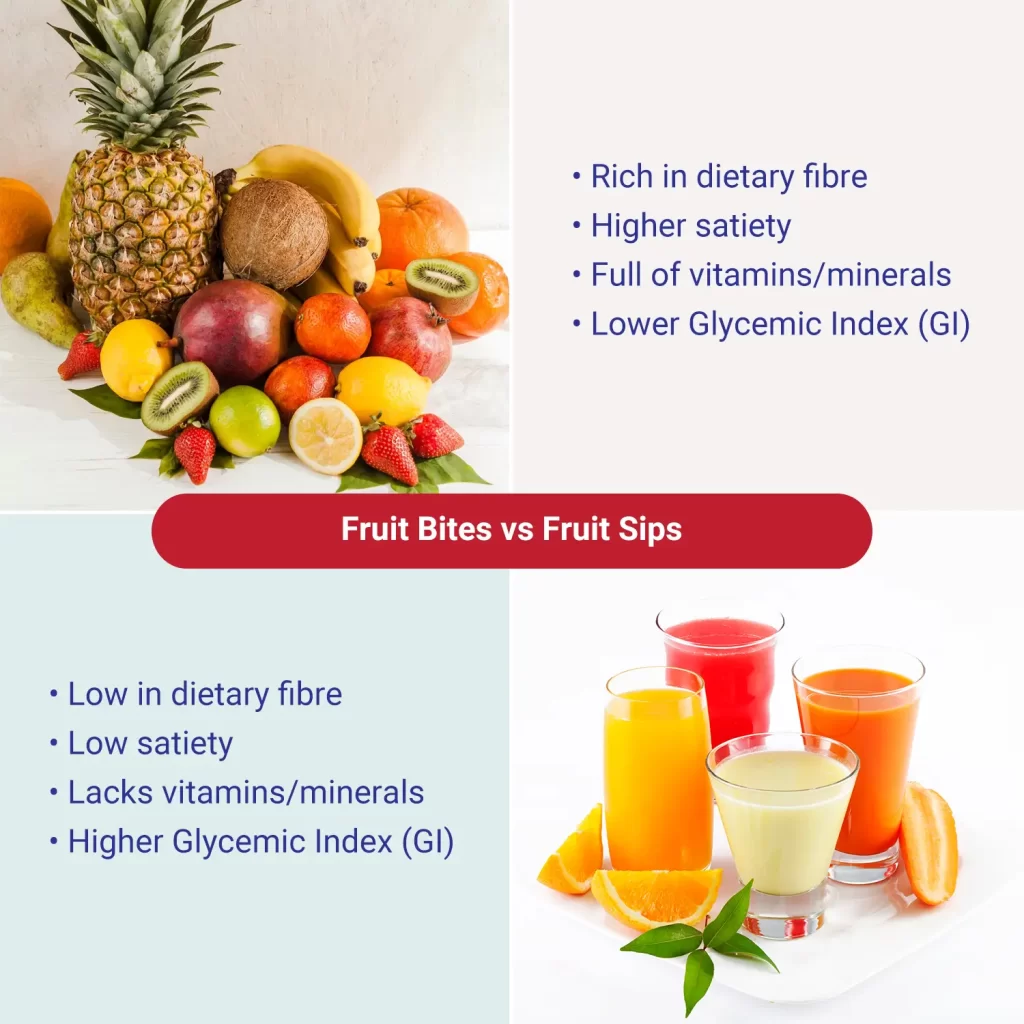
Myth 4: People With Diabetes Can't Eat Sugar at All
- Key insight: It’s important to read food labels and monitor the total carbohydrate content, rather than just focusing on sugar alone.
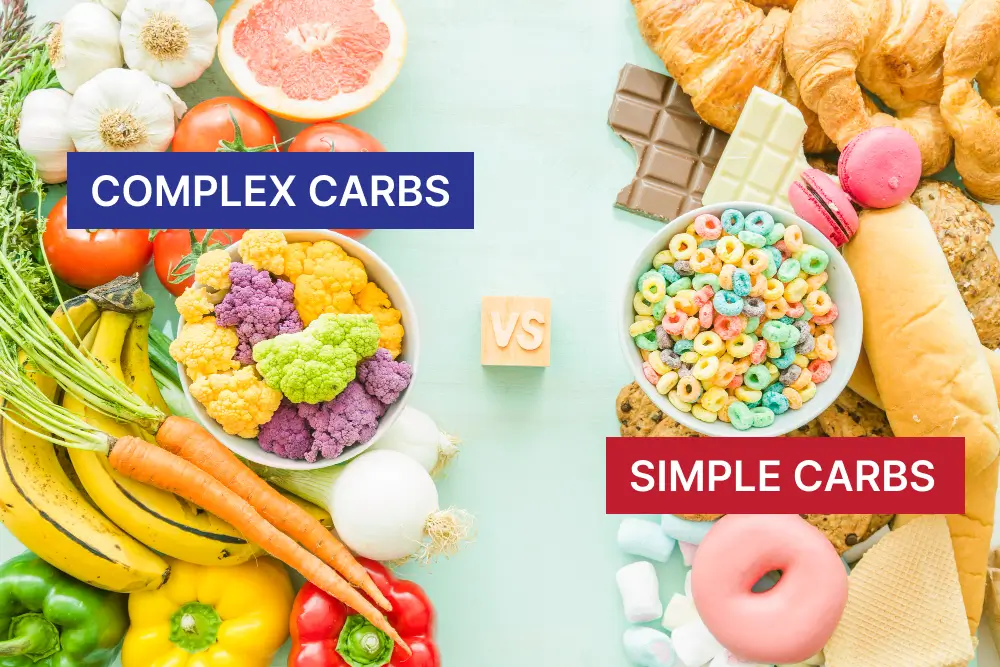
| Food Category | Recommended Choices | Foods to Limit |
|---|---|---|
| Whole grains | Brown rice, quinoa, whole wheat bread | White bread, white rice, pastries |
| Vegetables | Non-starchy vegetables (spinach, broccoli) | Starchy vegetables (potatoes, corn) |
| Fruits | Berries, apples, pears | Fruit juices, dried fruits with added sugar |
| Dairy | Low-fat milk, unsweetened yogurt | Full-fat milk, flavored yogurt |
| Snacks and Sweets | Nuts, seeds, low-GI fruits | Candy, soda, baked goods with added sugars |
Myth 5: All Diabetes Management Involves the Same Diet Plan
- Key insight:Working with a dietitian or healthcare professional to develop a tailored diet plan can significantly improve diabetes management outcomes.
Conclusion
2. Malik VS, Schulze MB, Hu FB. Intake of sugar-sweetened beverages and weight gain: a systematic review. Am J Clin Nutr. 2006 Aug;84(2):274-88.
3. Barclay AW, Petocz P, McMillan-Price J, et al. Glycemic index, glycemic load, and chronic disease risk—a meta-analysis of observational studies. Am J Clin Nutr. 2008 Mar;87(3):627-37.
4. Jenkins DJ, Kendall CW, Augustin LS, et al. Glycemic index: overview of implications in health and disease. Am J Clin Nutr. 2002 Jul;76(1):266S-73S.
5. Franz MJ, Powers MA, Leontos C, et al. The evidence for medical nutrition therapy for type 1 and type 2 diabetes in adults. J Am Diet Assoc. 2010 Dec;110(12):1852-89.
6. Livesey G, Taylor R, Hulshof T, Howlett J. Glycemic response and health—a systematic review and meta-analysis: relations between dietary glycemic properties and health outcomes. Am J Clin Nutr. 2008 Jan;87(1):258S-68S.
Get a Call Back
Categories
- Life Style Modification
- Cardiac
Health Blogs
Stay Hydrated This Summer: Tips for Beating the Heat Naturally
Stay Hydrated This Summer: Tips for Beating the Heat Naturally Stay Hydrated This Summer: Tips for Beating the Heat Naturally Summer brings long, sunny days and plenty of outdoor a
Diabetes and Sleep: A Complex Bidirectional Relationship
Diabetes and Sleep: A Complex Bidirectional Relationship Diabetes and Sleep: A Complex Bidirectional Relationship Diabetes and sleep share a bidirectional relationship, where poor
Morning Habits That Can Make or Break Your Blood Sugar Levels
Morning Habits That Can Make or Break Your Blood Sugar Levels Morning Habits That Can Make or Break Your Blood Sugar Levels Managing blood sugar levels is crucial for individuals w
The Benefits of Early Dinners: A Blend of Tradition and Science
The Benefits of Early Dinners: A Blend of Tradition and Science The Benefits of Early Dinners: A Blend of Tradition and Science In today’s fast-paced world, meal timing often
Kitchen Cures: Healing the Natural Way with Grandma’s Wisdom
Kitchen Cures: Healing the Natural Way with Grandma’s Wisdom Kitchen Cures: Healing the Natural Way with Grandma’s Wisdom Who doesn’t love quick, easy solutions to nagging he
Why Eating Nuts Before Meals is a Smart Choice
Why Eating Nuts Before Meals is a Smart Choice Why Eating Nuts Before Meals is a Smart Choice Adding a handful of nuts to the diet, especially before meals, can provide several hea
The Surprising Secret to Coffee’s Heart-Healthy Benefits: It is All About Timing
The Surprising Secret to Coffee’s Heart-Healthy Benefits: It is All About Timing The Surprising Secret to Coffee’s Heart-Healthy Benefits: It is All About Timing For many, the
5 Simple Morning Habits for a Healthier Start to the Year
5 Simple Morning Habits for a Healthier Start to the Year 5 Simple Morning Habits for a Healthier Start to the Year A new year offers a fresh opportunity to embrace healthier habit
Type 2 Diabetes and Mental Health: The Connection
Type 2 Diabetes and Mental Health: The Connection Type 2 Diabetes and Mental Health: The Connection Type 2 diabetes mellitus (T2DM) is a chronic condition affecting millions worldw
Is Sugar Really the Enemy? Unpacking Diabetes Myths
Is Sugar Really the Enemy? Unpacking Diabetes Myths Is Sugar Really the Enemy? Unpacking Diabetes Myths Diabetes is a growing public health concern worldwide, with type 2 diabetes
Tailoring the Dose of Exercise for Effective Glycemic Management in Type 2 Diabetes
Tailoring the Dose of Exercise for Effective Glycemic Management in Type 2 Diabetes Tailoring the Dose of Exercise for Effective Glycemic Management in Type 2 Diabetes Type 2 diabe
Ganesh Chaturthi and Diabetes: A Balancing Act
Ganesh Chaturthi and Diabetes: A Balancing Act Ganesh Chaturthi and Diabetes: A Balancing Act Ganesh Chaturthi, a vibrant and beloved Indian festival celebrated with great enthusia
Asthma in Children: Symptoms, Triggers, and Management
Asthma in Children: Symptoms, Triggers, and Management Asthma in Children: Symptoms, Triggers, and Management Asthma is a significant health concern among children in India, with i
Heart-Healthy Diet: Foods to Include and Avoid
Heart-Healthy Diet: Foods to Include and Avoid Heart-Healthy Diet: Foods to Include and Avoid India’s traditional diet is often heavy on carbohydrates, high-fat dairy product
Can I Donate Blood if I’m Diabetic?
Can I Donate Blood if I’m Diabetic? Can I Donate Blood if I’m Diabetic? If you’re diabetic, you may wonder whether you can donate blood. The good news is that inmany
Top Foods for Managing High Blood Pressure
Top Foods for Managing High Blood Pressure Top Foods for Managing High Blood Pressure High blood pressure is a common condition that affects millions of people worldwide. If left u
Loneliness and Diabetes: How Social Isolation Raises Your Risk
Loneliness and Diabetes: How Social Isolation Raises Your Risk Loneliness is a mental health problem that has been proven to have a significant impact on quality of life and health
Navigating Winter with Asthma in India: Tips for a Breath-Friendly Season
Navigating Winter with Asthma in India: Tips for a Breath-Friendly Season As winter sets in across India, individuals with asthma face unique challenges in managing their respirato
What is the optimal level of low-density lipoprotein (LDL) cholesterol for individuals living with heart disease?
What is the optimal level of low-density lipoprotein (LDL) cholesterol for individuals living with heart disease? LDL is considered as “bad” cholesterol as it accumulates in th
Diwali Delights: Navigating Healthy Celebration with 10 Essential Tips
Diwali Delights: Navigating Healthy Celebration with 10 Essential Tips Diwali, the festival of lights, is a time of joy, togetherness, and of course, indulgence in delicious sweets
Coping with COPD: Tips for Living Well with Chronic Obstructive Pulmonary Disease
Coping with COPD: Tips for Living Well with Chronic Obstructive Pulmonary Disease Chronic Obstructive Pulmonary Disease (COPD) is a chronic respiratory condition that can significa
How to live a healthy life after cancer?
How to live a healthy life after cancer? Cancer is definitely a debilitating disease that compromises our life’s quality and length of survival.The experience with cancer is uniq
Managing Glucose and Stress in Women with Type 2 Diabetes
Managing Glucose and Stress in Women with Type 2 Diabetes: The Power of Aerobic Exercise and Deep Breathing Diabetes is a type of metabolic disease. It has a strong connection with
Safe and Effective Exercises for Asthma Management
Safe and Effective Exercises for Asthma Management Safe and Effective Exercises for Asthma Management Asthma is a chronic lung condition that affects the airways, making it difficu





